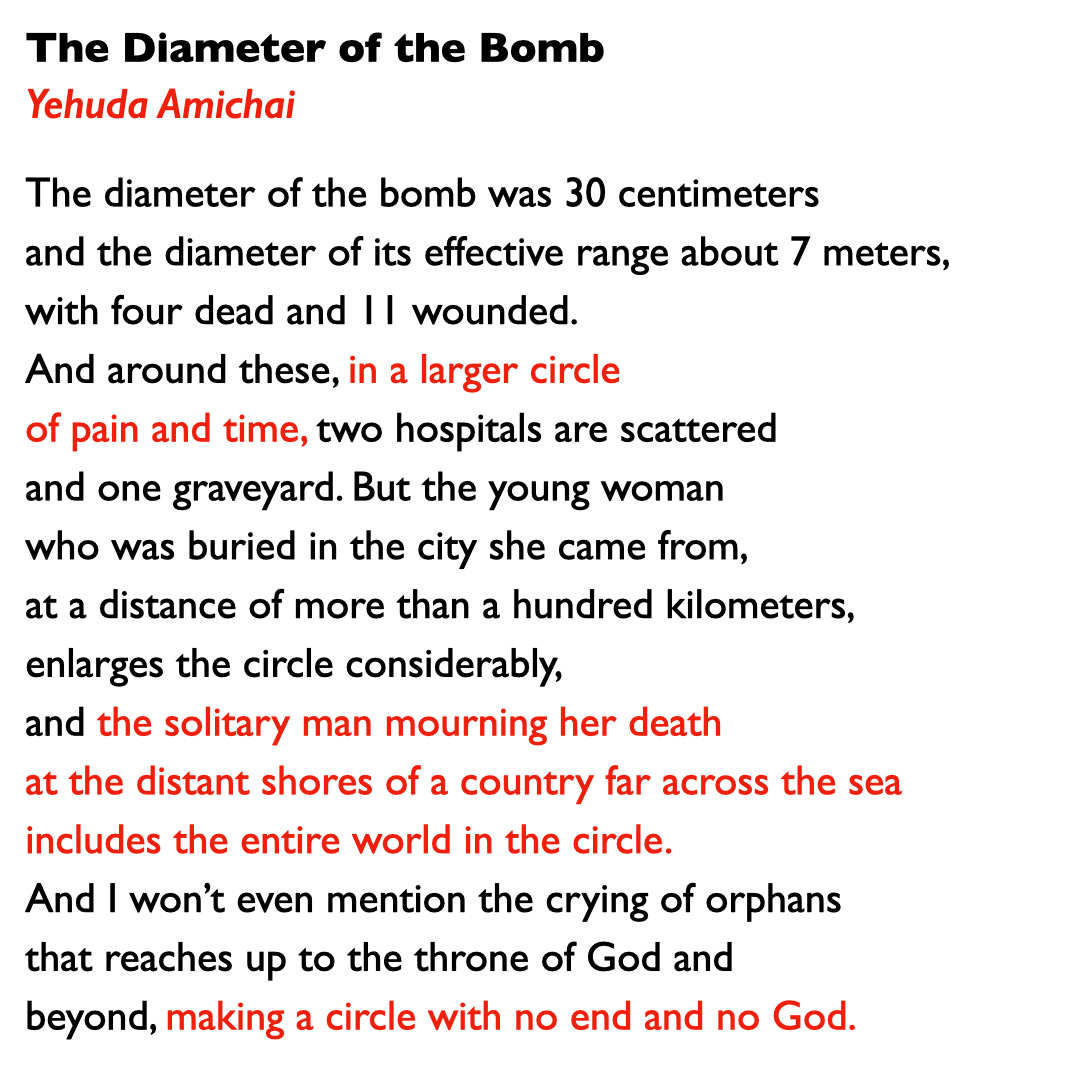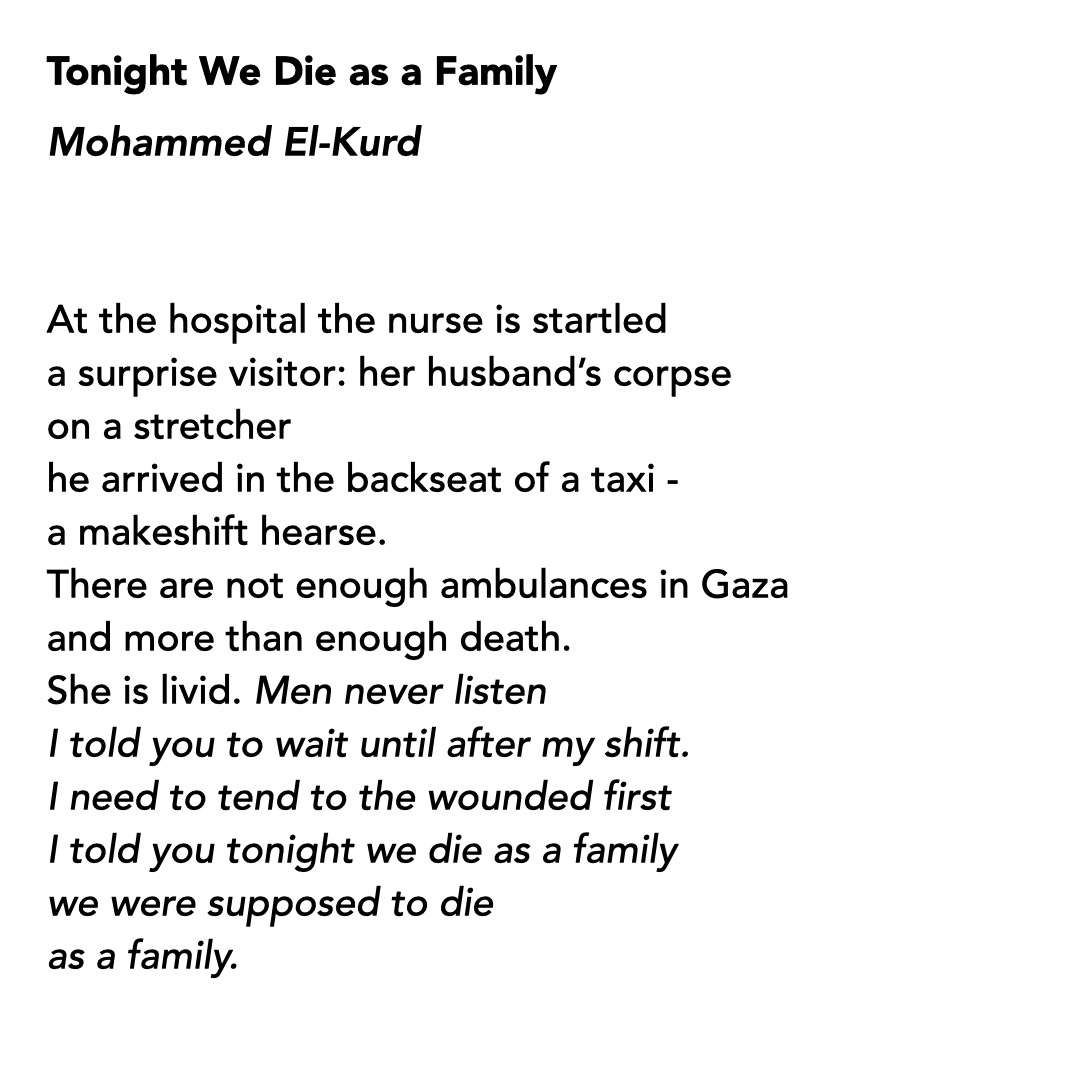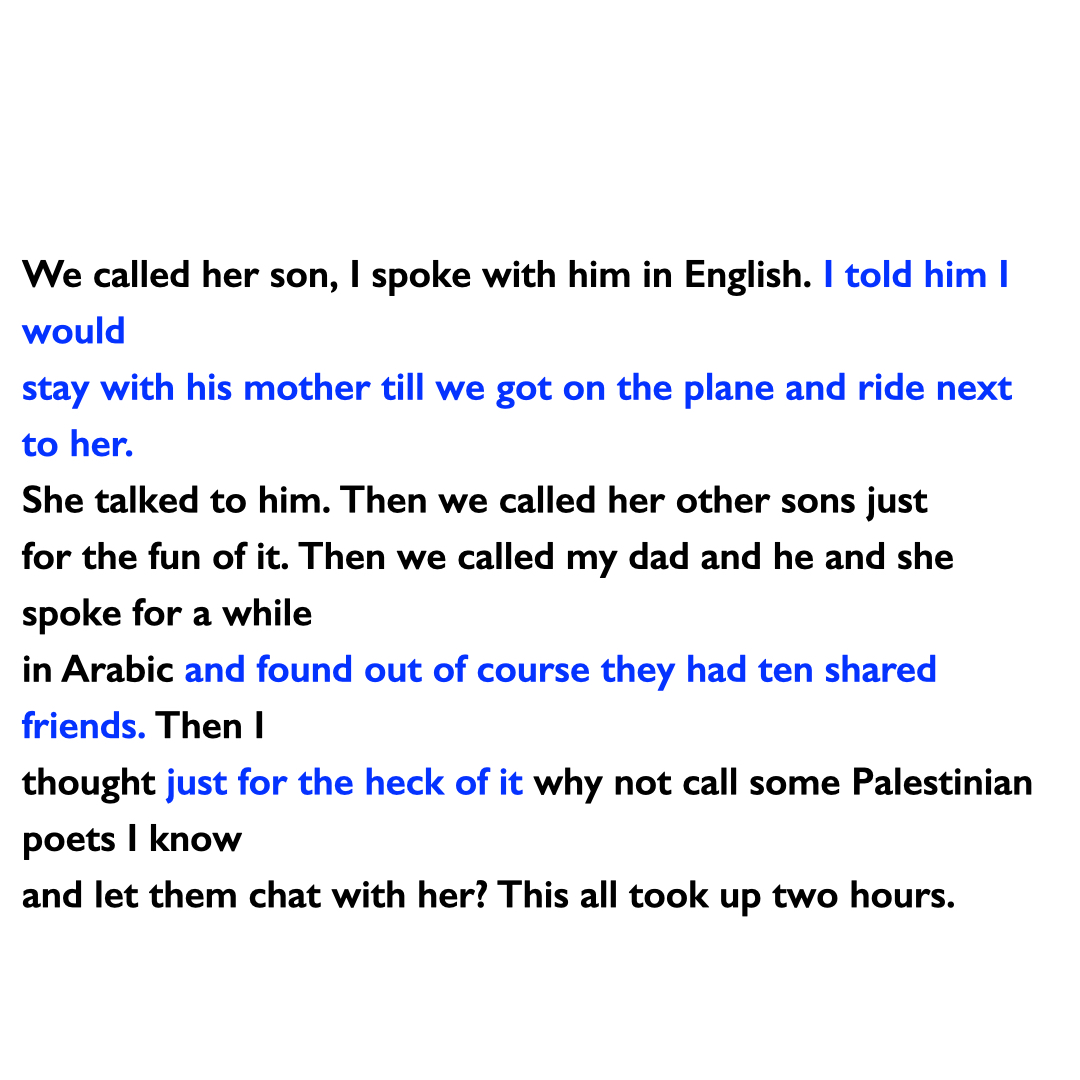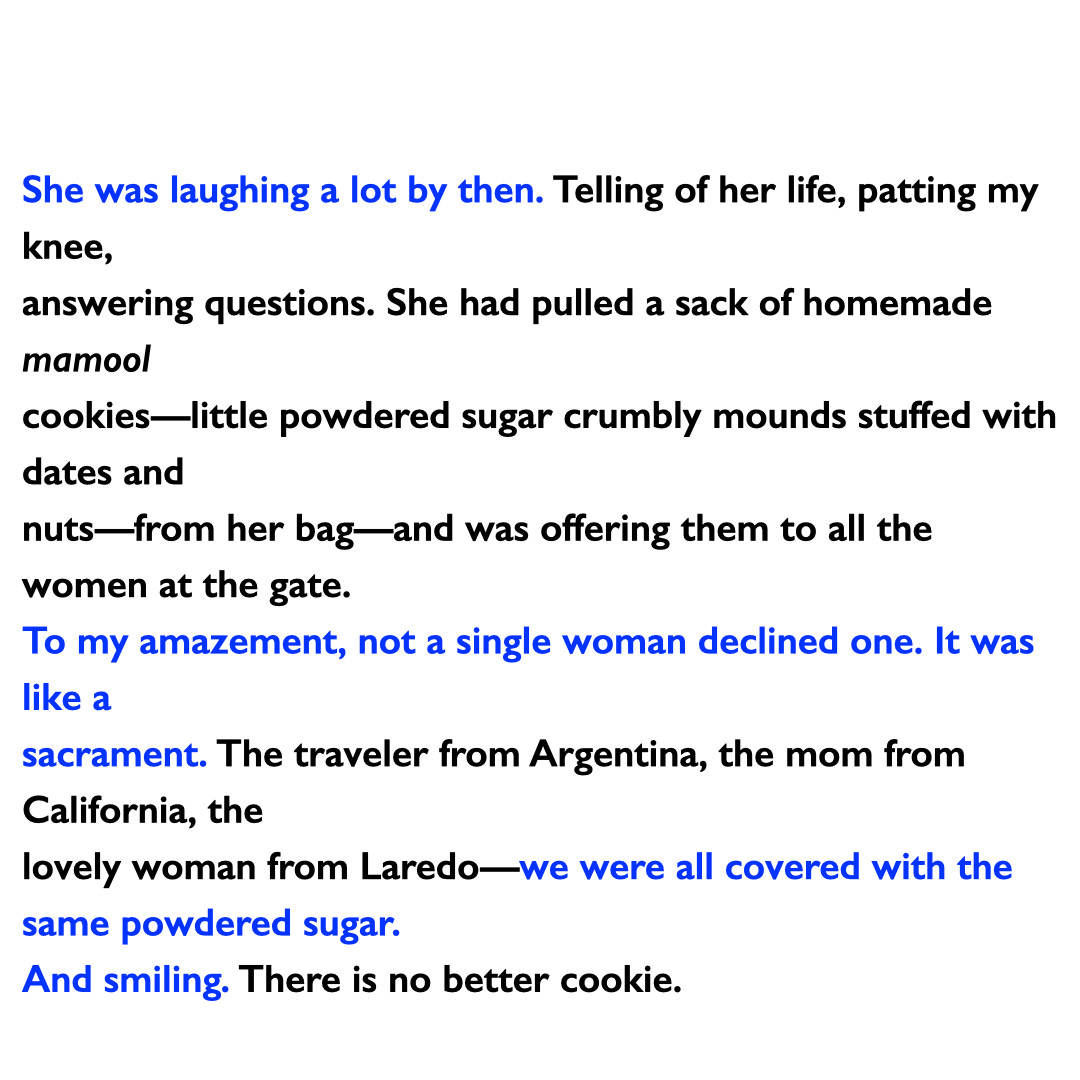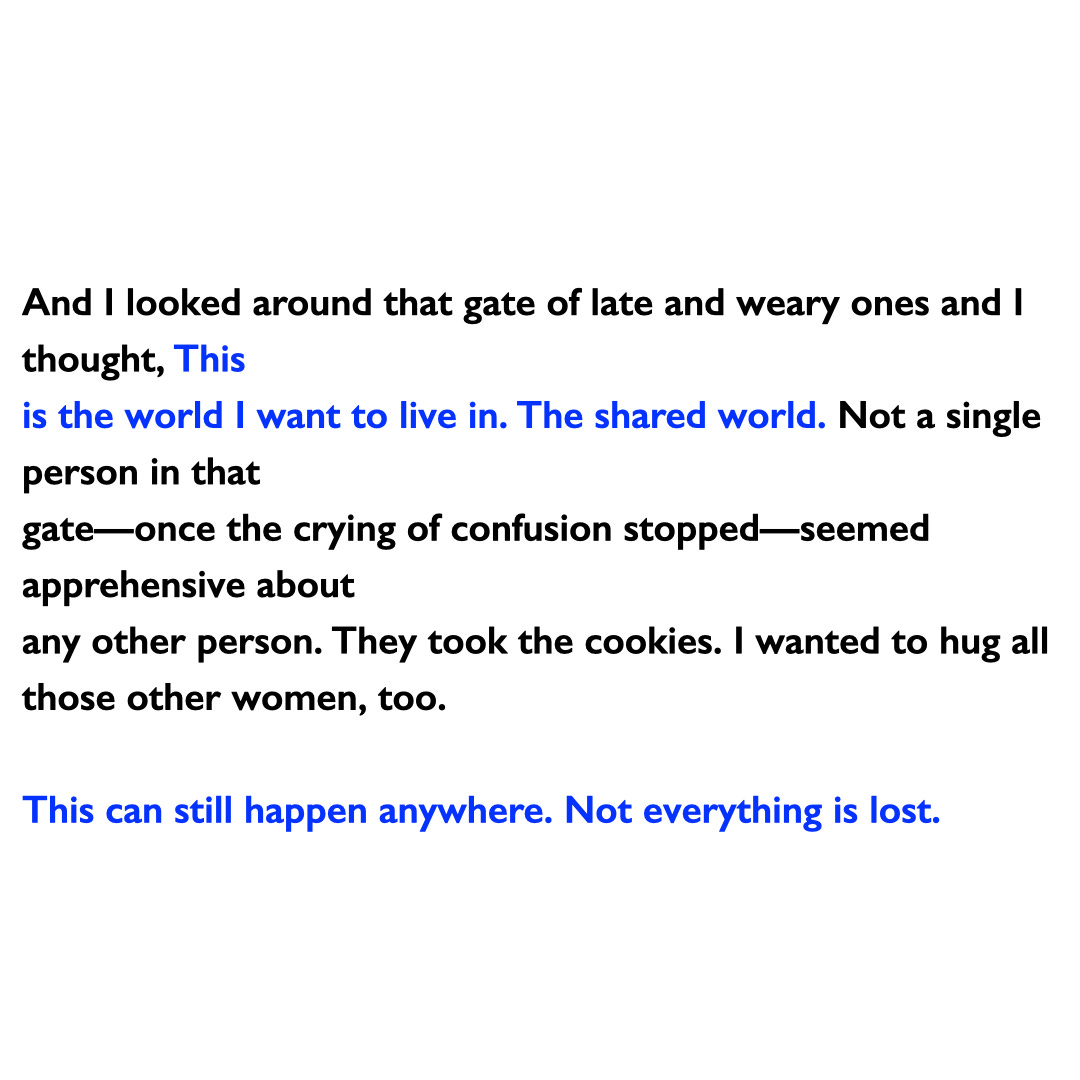a boy sits at his table, plucking melodies from the keyboard on his laptop. as he writes, his lips curve into a sheepish smile. an image flashes on the surface of the fervent beating stone that is his heart.

the fire has left his body and it murmurates in the firmament of a song, that is at once a desert, and its oasis. perhaps it’s a dirge. but then anger is better than melancholy. sometimes anger, when it is held with care, is the only spark needed to trigger a chain reaction. thought soars into action. fingers give voice a place to grow deep. is this not how revolutions begin?
he remembers learning in school how the chapati/roti became a symbol for a constructive anarchy that ripped apart the complacency of the colonisers. The East India Company had vision, he thought. There apprehension of time was mythic, not geological, not even immanent. They planned, like the Sangh Parivar, for hundreds, no thousands, of years.
time and again the same thought returns to me. what can a single soul, or two, or even a hundred, do in the face of such evil? born of benevolence and a naked desire to oe’reach, to snatch what is strange, and make it familiar, this red flower of the oppressor’s guilt, continues to grow thorns in the wilderness of our imaginations.
why do we persist? still? what is it that will bring them down. we have forgotten what it feels like to live in a “normal” world, have “normal” dreams and aspirations, make “normal” things to solve “normal” problems. The Palestinian poet Mourid Barghouti knew this. He wrote to remind:
(This poem has been shared before on Poetly, here)
It’s also fine to laugh. Barghouti speaks at length about the joke as a strategy for survival. how laughter rends even the most sombre of gatherings, and replaces despair with something far more potent - a comradeship forged from a shared experience. it is a sense of community - this shared stain of violence - a naive dream, whose currency runs dry in a time where we have learnt to be alone together. as we endeavour to stay afloat in a current that rewires space and time, we ask ourselves, always, (without even knowing) about the costs of simply being, in a world where the normal has turned into farce? where everyday is a struggle for some - a privilege for others.
this is a language we know, is it not? the very fact that young artists can still hold poetry readings in public space gives me hope. but how to engage? how to channel feeling into presence? how to turn from experiencer to sensitive witness? there is an abyss that it is necessary to cross, in order to find meaning. this is the work that we must do, as responsible, thinking people, is it not? Yehuda Amichai’s “Diameter of a bomb” has helped me deal with this distance:
this morning i opened Al-Jazeera website to listen to the latest updates about the situation in Jenin. these are the bullet-point headlines: Israel cuts off water, power in West Bank’s Jenin as deadly raids continue, Palestinians ‘terrified’ as Israel’s raid on Jenin continues (this headline changed from “…forcibly evacuating homes…” to this). The last headline I saw was this: Israel refutes reports of a ceasefire in Gaza for polio campaign. It took me a few seconds to understand those words, to digest them.
i am still reeling from the quiet resolve of that last line.
…but we are together, today, breathing the selfsame air, smelling the lingering stench of fascist enterprise. we read poetry, to remember and to archive.
“This is why we must labour in the darkness/ so that it is the memory of our being here/ that remains and not what we saw”.
I read, also, that Biden was “optimistic” about a truce in Gaza. but we know better than to trust language with the burden of peace. still, poetry teaches, sometimes…
Do Spread the word. Citing from an Instagram post:
“Delhi, join us for an evening of solidarity with Palestine, as we recite Palestinian poetry and literature from 4 - 6 pm on Sunday, 1 September 2024 at Lodhi Garden, New Delhi. Open for anyone to participate. If interested in reciting a poem or an excerpt, please DM @voicesagainstgenocide with your selected text.
Date: 1 September, Sunday
Time: 4:00 - 6:00 pm
Venue: Lodhi Garden (Google map link in @voicesagainstgenocide and @lodhireads bio)”
hope you, and your loved are finding meaning in this tumultous time.
do write to poetly@pm.me if you have any questions, queries, or comments.
i will write back as soon as I find the space, and the time.
If you like what you read, do consider ‘buying me a coffee’.





